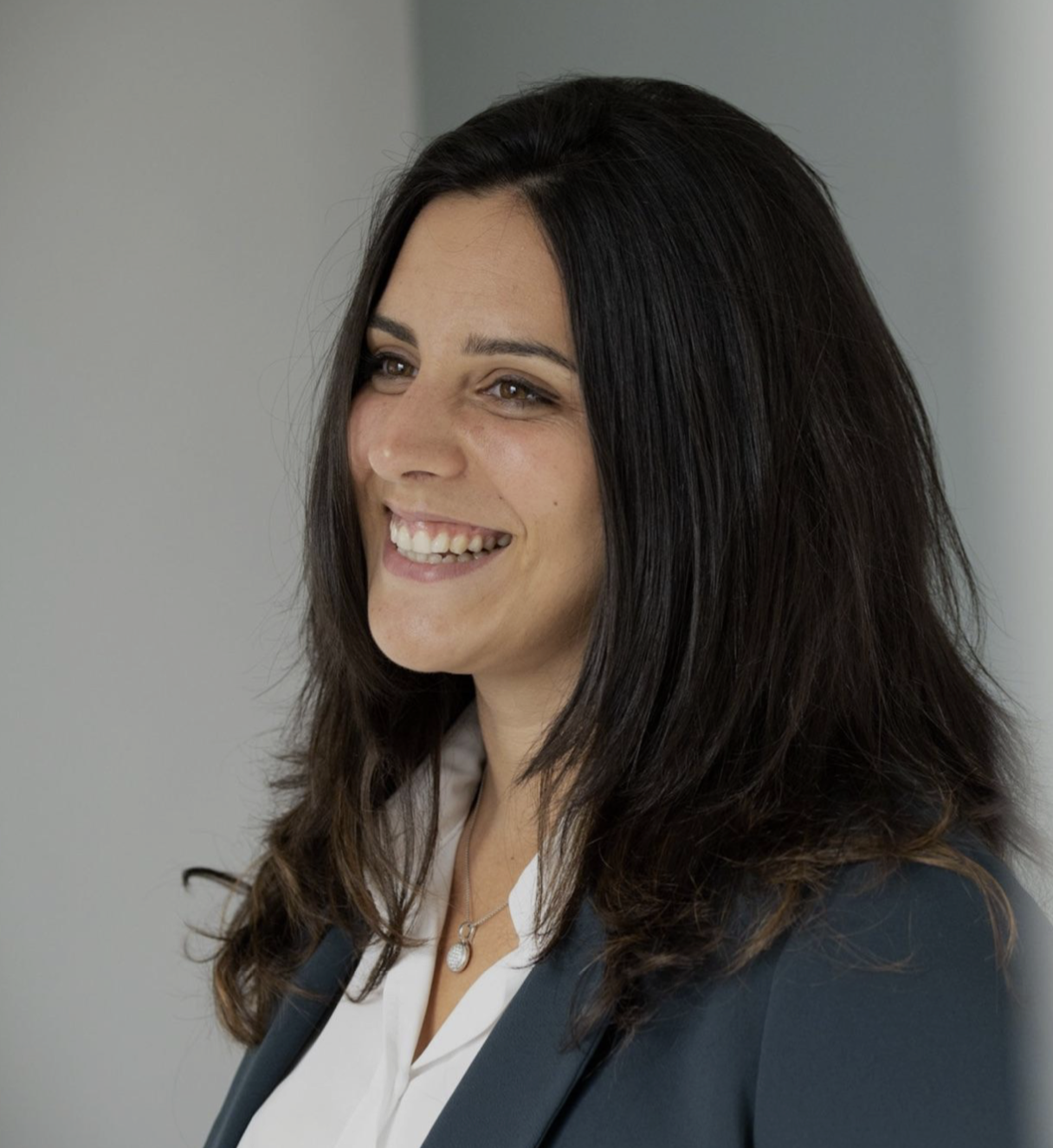This interview is part of Scaling Enterprise FinTech | The Handbook, launched in partnership with SixThirty Ventures.
1. Please tell us a bit about yourself, both at work and leisure.
I am Italian, I studied in a French Business School and I live in London since 2017. I was previously working in Investment Banking at Citi covering the FinTech sector. I co-founded an HR tech startup named DailyInternship, a talent recruiting platform with over 100k students subscribed. That experience led me very close to the Venture Capital world.. so close that I ended up in VC myself! At Eight Roads I focus on investments in Southern Europe, Nordics, and more broadly speaking in FinTech investments all across Europe. I am passionate about travels, motorbike, photography and all type of animals. A funny fact about me is that by the age of 22 I had already visited all the European capitals in motorbike.
2. What are your focus areas, overall and within the (B2B) FinTech / InsurTech space?
I focus on investments on Southern and Northern Europe mostly in the enterprise, fintech and healthtech space. Amongst Fintech, areas we currently look into include, but are not
limited to, B2B Payments, Banking as a Service, B2B BNPL, B2B infrastructure, finance tools for SMEs, payment orchestration platforms and InsurTech.
3. Any recent deals that you would like to share with us, and why you invested or partnered?
We invested in Spendesk last year as we believe that one of the most exciting segments of this modern finance stack is the spend management category. Spend management platforms have the ambition to radically simplify the way employees make payments and provide real-time visibility for finance teams over all company expenses. Traditionally, companies have used shared company credit cards or bank wires with no visibility into spend until after it has happened. In contrast, spend management platforms help companies spend money and track that spend in real-time in one single tool, removing the need for multiple different applications. Longer term, we believe that spend management platforms will become end-to-end tools capturing most of an SMB operational spend excluding payroll. As a consequence they are very sticky, but also particularly well placed to add additional services over time, such as lending, insurance, suppliers marketplace, etc. Going after this attractive market and building the category of spend management was the main reason we got excited about Spendesk.
4. What does it take to get to Series A today?
With rounds of increasing size, it’s less and less a matter of “how big you are now” but more of “how successful can you become”. Following their seed round, startups will need to prove to have a practical solution to solve a real issue, while addressing a sizeable market. As series B investor, we typically invest in scale up stage startups: companies that have built a product, found a product market fit and are now looking to scale. To get to series A, startups should already have in mind their objective for the long term, creating a vision and strategy for where they would like to be. The best way to do it is with an experienced and credible team, a successful product solving the need of a large market and a well-played execution on the strategy.
5. Which are the trends to watch out for in Europe/ EMEA in the next 6-18 months?
As the customer base for the banking industry becomes more tech-savvy and more environmentally friendly by the day, digital-only banks have amplified in popularity and this trend is not going to stop. We are also seeing a “second wave” of neobanks: lighter, more sustainable and environmentally friendly.
Open Banking has promised to provide more competitive financial services that are personalised to the needs of individual or business.
Buy Now Pay Later solutions are spreading across EMEA both on the B2C and B2B side. Embedded Finance and BaaS will become more and more relevant with API-based embedded payments (and, over time, other banking products) facilitating new business models. BaaS unlocks the promise of embedded finance: it enables nonbanks to offer financial services by integrating banks’ services via APIs, and building products on top of the traditional banking infrastructure. The next 6-18 months will be crucial to see how non-fintech companies will adapt to this shift. According to FinTech magazine, 41% of UK SMEs have now incorporated Fintech into their business. In Europe, I am expecting that more and more SMEs will continue to adopt Fintech (from new lending products to utilising open banking data) to improve their efficiency and offer better services to maintain a competitive edge.
6. What should startups expect or plan for in the coming months?
The past 18 months had a lot of uncertainty, but the financial technology boom powered by the pandemic was very clear.
Startups should plan ahead and be smart: create a set of leading indicators (could be linked to ARR, growth, #sales, pipeline, number of clients, monthly burn, etc) to guide them through their growth and plans and adjust the future roadmap accordingly. Additionally, startups should make sure to closely monitor the market they play in: it’s easy to see increasing competition from players that address a similar problem in a different or more creative way.
7. Your favorite place for a coffee and/ or a drink?
As an Italian, this is an easy one: anywhere I can take the perfect Espresso macchiato.

